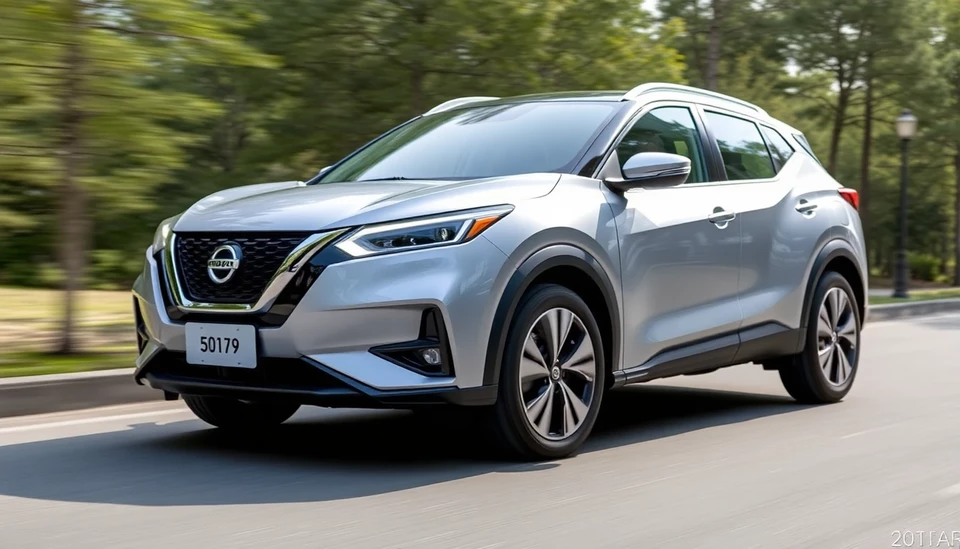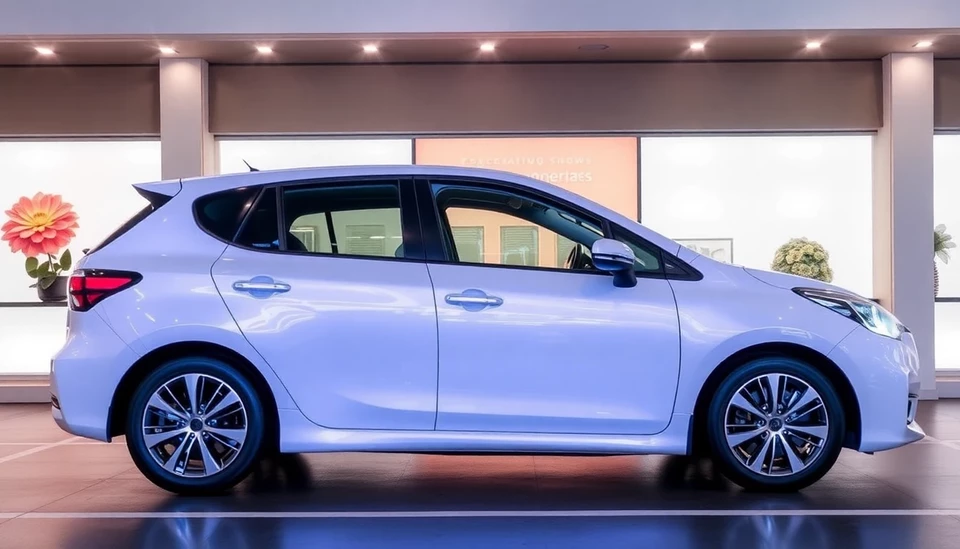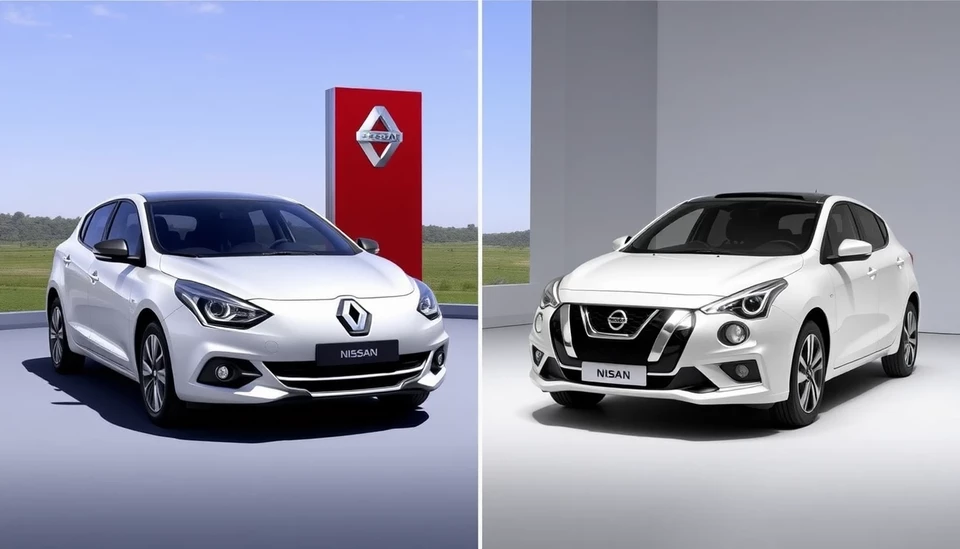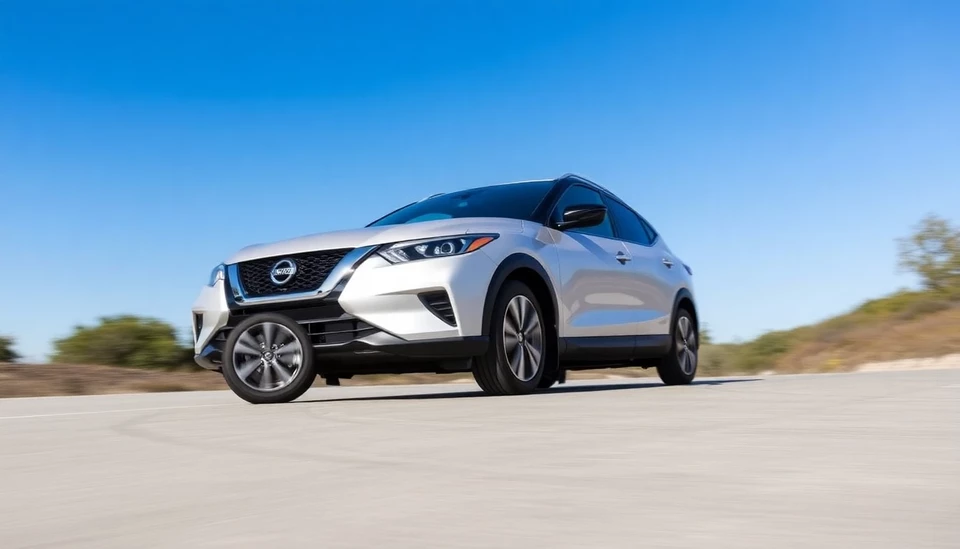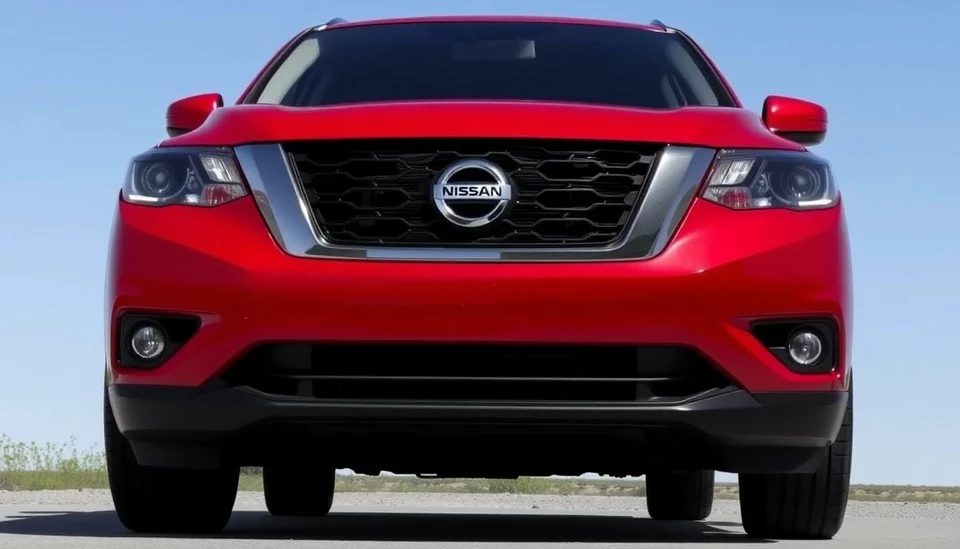
In a move that has raised eyebrows across the automotive industry, Nissan's recent strategic overhaul has been met with a lukewarm reception, posing potential risks to its ongoing collaboration with Honda. With both companies looking to innovate and remain competitive, the effectiveness of Nissan's revamped strategy could significantly influence their partnership moving forward.
Despite Nissan's ambitious plans to reinvent itself, the execution appears to fall short of expectations. Analysts have pointed out that the modifications made to Nissan's operational framework are insufficient to catalyze the transformation needed to ensure long-term success. This situation becomes even more precarious considering the evolving landscape of the automotive market, driven by technology advancements and shifting consumer preferences.
Industry experts have noted that Nissan's hesitation in fully embracing electric vehicle (EV) technology has put it at a disadvantage, especially when compared to competitors that have made more substantial commitments to sustainability. Honda, which has been exploring partnerships to enhance its own EV strategy, may find Nissan's tepid initiatives concerning, casting doubt on the strength of their alliance. Any faltering in Nissan’s strategy could translate to operational delays and a missing competitive edge, potentially dissuading future collaborative efforts.
Moreover, Nissan's cultural and management challenges over the years—exacerbated by the fallout from the arrest of former Chairman Carlos Ghosn—have left the company in a fragile state. The leadership’s struggle to maintain a cohesive vision could further strain its relationship with Honda, as both companies work jointly on developing future technologies to combat challenges from emerging automakers.
As the automotive market transitions towards more sustainable solutions, the urgency for Nissan to solidify its strategies and effectively execute them cannot be overstated. Failure to do so may not only impede Nissan's growth but also hinder the broader goals both companies share for the future. Observers within the industry are keenly watching how the strategic alignment between Nissan and Honda progresses in light of these developments, hoping that both can overcome the hurdles presented by changing landscapes and intense competition.
In conclusion, the road ahead for Nissan remains fraught with challenges, and the overarching impact on its relationship with Honda could signal serious implications for their collaborative efforts. As both companies navigate the intricate world of automotive innovation, the need for a robust, forward-looking strategy has never been more crucial.
#Nissan #Honda #AutomotiveIndustry #ElectricVehicles #Partnerships #StrategicAlliances #Innovation
Author: Samuel Brooks
